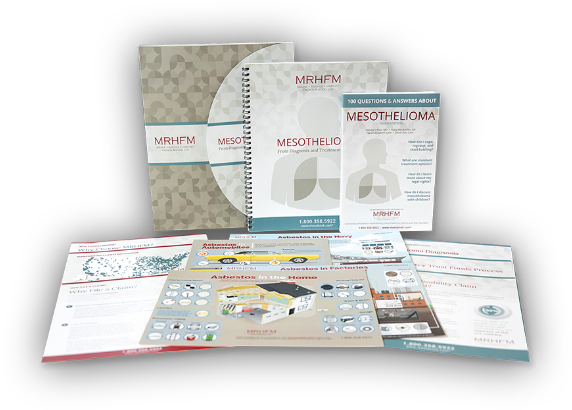A Delaware judge has rejected an attempt by Ford Motor Company to reverse a $9.1 million judgement against it in an asbestos lawsuit that claimed the company was responsible for the death of a mechanic and owner of an automotive repair shop.
In the suit, filed in June of 2018, the victim’s widow claimed that Ford and automotive products manufacturers were responsible for her husband’s continued exposure to asbestos-contaminated products throughout his career. The victim died of mesothelioma in December of 2014, just eight months after being diagnosed with the disease.
When the jury returned its verdict in the case, it found Ford 20% responsible for the victim’s death. The widow was awarded more than $40 million in compensatory damages. Ford immediately filed two motions: one requesting that the verdict be overturned and/or that the case be heard again based on a matter of law and the other seeking a new trial based on what the defendant’s labeled an “excessive” award.
The Superior Court of Delaware denied both motions, leaving the $9.1 million verdict and judgment against Ford in place.
Asbestos and the Automotive Industry: How to Stay Safe
Exposure to asbestos, if not properly controlled can cause mesothelioma, lung cancer, and asbestosis. Symptoms may not appear for years, even decades, after contact with asbestos fibers.
The United States Department of Labor, Occupational Safety and Health Administration (OSHA) states that while many brakes and clutches in new and recent model automobiles do not contain asbestos, it has not been totally eliminated. In fact, many mechanics, automotive repair shop employees, and do-it-yourselfers are “unaware that asbestos may be present in both old and replacement brakes and clutches.”
To reduce the potential exposure to asbestos in the automotive industry, the OSHA and U.S. Environmental Protection Agency (EPA) strongly recommend that all automotive brake and clutch repair work be done by professional auto mechanics who are well informed of OSHA's asbestos standard. The OSHA standard requires the use of controls and safe work practices when employees work with brake shoes and clutches that contain asbestos.
If you think you may have been exposed to asbestos in the workplace at any time in your life, see your doctor right away. Even if you do not have any symptoms, your doctor can evaluate your risk and establish a monitoring plan that could help detect mesothelioma sooner.
Although there is no cure for the disease, early detection could lead to better treatment options and outcomes. See your doctor to evaluate your risk today.
Sources
“Asbestos-Automotive Brake and Clutch Repair Work.” OSHA.gov, Occupational Safety and Health Administration (OSHA), United States Department of Labor, 26 Jul. 2006. Web. 18 Feb. 2019.
“Ford Denied New Trial in $9M Asbestos Death Verdict.” Law360.com, LexisNexis, Portfolio Media, Inc., 01 Feb. 2019. Web. 18 Feb. 2019.






